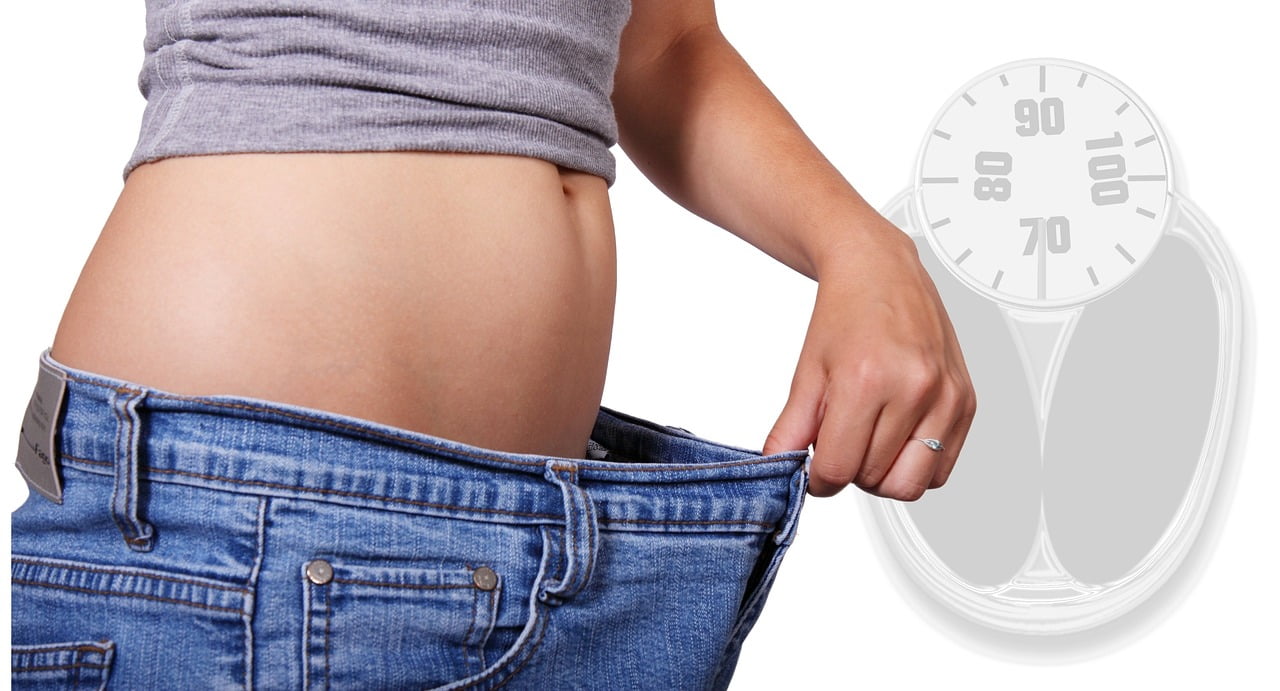Source: Deagreez/iStock
Dieting has been going on for a very long time. The thing is, it never seems to work! Even as more and more diets come out, the results do not differ. It is very clear that most, if not all, restrictive diets fail to bring about any long-term results.
This is not really news. And yet, the beat goes on. People still cling to the idea of using a diet to slim down, hoping that the next one they try will do the trick.
Why can’t we break free of using this bound-to-fail approach?
We need to deviate.
As suggested by Pilar Gerasimo in her book, The Healthy Deviant, we are surrounded by messages that only put a bandage on the problem. The real issue is that our lives are very different from what humans have been doing for the last 2.5 million years.
In other words, our current lives are much more confusing, alienated from nature, and unrelated to the ways of being that evolved over millions of years. How we nourish ourselves is much different now.
How does this play out? Often the messages we are surrounded by regarding how to eat and how to look are manufactured to be in line with some ideal. That ideal is a manipulation that takes advantage of our human nature. We have a tendency to compare ourselves to others, blame ourselves for our shortcomings, and seek easy solutions to complex problems.
For example, when it comes to eating, we have evolved to be attracted to sugar, salt, and fat. We are drawn to sugar and fat because they are a concentrated source of calories. Back in the day, finding easy fuel for our bodies was an energy saver. It would cut down on the hours needed to find more food. Salt was a physiological necessity, and so it was sought after.
Now we have a boatload of ultra-processed foods that take advantage of those attractions. A study of more than 9,000 people published in the British Medical Journal Open and based on 2009–2010 data indicated that, in the United States, 57.9 percent of our calories consumed fall into the ultra-processed category. One reason this percentage is so high is that ultra-processed foods tend to be calorie-dense.
We are getting a great percentage of our calories from “foods” that are nutritionally deficient and designed to be compulsively consumed. For the record, ultra-processed foods are more like formulations that include flavors, colors, sweeteners, and other additives designed to cover up the undesirable aspects of the concoction. Most add sugar or sugar substitutes, salt, and extra fat to increase the palatability and keep us coming back for more.
This situation can easily lead to weight gain and many metabolic disturbances. These “foods” are far from what our bodies are intended to use for nutrition and health.
Back to The Healthy Deviant. Pilar outlines the suffering that comes from trying to fit in with how we are currently supposed to be—happy, thin, successful, and fulfilled. Often, we feel that our lives fall very short of the mark. Then along comes alleged solutions to our problems of not measuring up. She makes the case that we are trying to follow solutions to our problems that are just going to cause more suffering! We can certainly see this when we look at restrictive diets or a pervasive feeling that we need to whip our bodies into shape to fit in with some ideal.
Dieting is not the answer.
Unfortunately, instead of the seemingly simple solution of going on a diet, the real solution is not a simple one. We need to get away from eating unhealthy, ultra-processed foods and stop trying to restrict what we eat in the various ways that diets propose.
Instead, we need to shift our focus to eating whole, nonprocessed foods, rich in lean proteins, fruits, vegetables, legumes, whole grains, nuts, seeds, and healthy fats.
Read the full article here.



